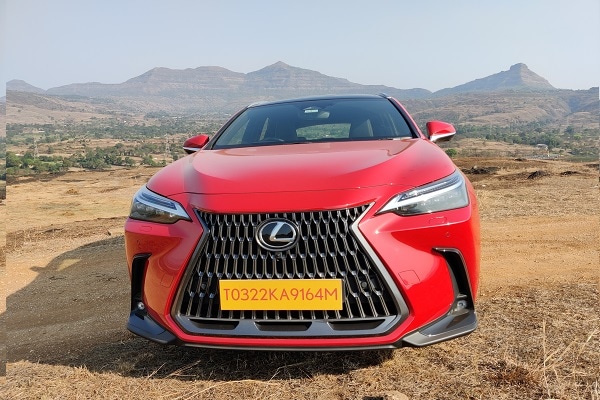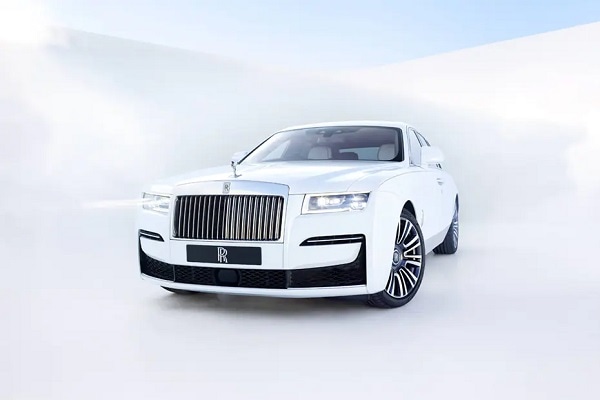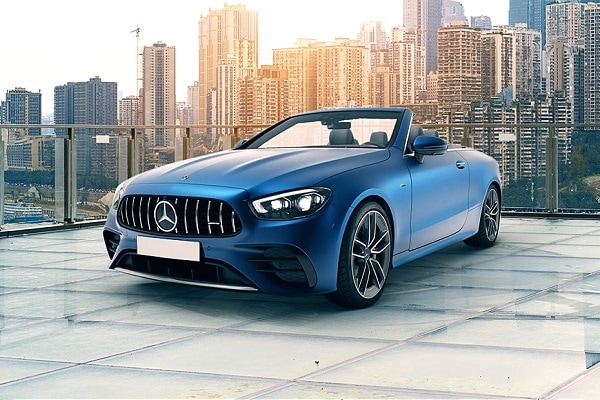Speeding cop cars may pose as big a threat as suspected criminals they're after
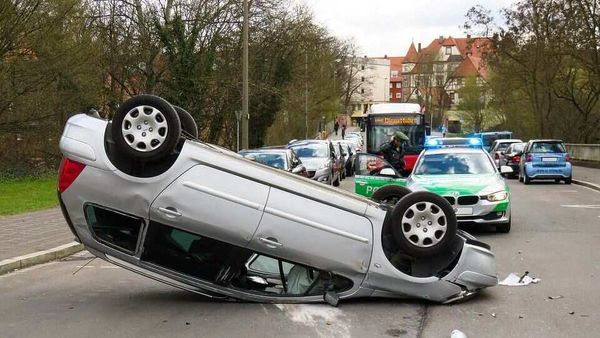

In an overwhelming number of nail-biting thriller movies around the world, the suspense is often taken to its limits by featuring a car chase sequence in which cops are hot in pursuit of the protagonist or the antagonist - depending on the story line. Sometimes they catch up and at other times, they end up in a heap - again, depending on the story line.
The real life story line though is turning out to be one with far more severe consequences than the scripted versions which feature controlled stunts.
An increasing number of accidents involving speeding cop cars in US cities has brought the focus on whether these vehicles should have a cap on the speed they can reach within city limits - one that may be more than the prescribed limit but not unlimited.
Also check these Cars
Also Read : 2 arrested for racing Audi RS6 at 323 kmph while filming it
What has prompted such a deliberation is a recent incident in Chicago when two police cars responded to a distress call to help an officer facing a possible shooting incident. While rushing to the spot, Associated Press reported that one of the two cop cars hit the other and propelled it on to a third vehicle which had an 84-year-old inside. She would later die on the operating table.
The report notes that the two cop cars were speeding and that they were specifically told to slow down because the suspect had been disarmed.
Even with sirens blaring and the red and blue lights flashing prominently, cop cars can often end up being involved in or causing road accidents, especially in busy cross junctions of major cities.
The AP report also makes note of statistics which reveal that over 7,000 people were killed between 1996 and 2015 during law enforcement pursuits. Attributed to Bureau of Justice Statistics, it is reported that 30% of these people were in cars that had nothing to do with the pursuits. Another 4% were bystanders.
And yet, scenes in movies rarely point to collateral damage in terms of injury or worse to innocent lives.
As a result, a discussion and consideration around how best to limit speeds of cop cars while still enabling them to apprehend bad guys is gathering pace. Timely police action can not only help nab suspects but often also prevent a crime from taking place. As such, extensive use of technology is one such way being advocated with police officials now being advised to check for shorter routes or roads with less traffic that would allow them to reach intended destination quickly while not going at break-neck speeds. An another option is to hurl a magnetized GPS tracker on a suspect's car to help cops track it at safer speeds.
Then there is a call on police officers themselves to assess whether nabbing a suspect is more important than a possible road accident. The nature of the crime being reported could also determine the speed cop cars hit when going to investigate. A need to reel in the adrenaline rush of a high-speed chase or even the strong urge not to let a suspect get away regardless of the risks involved to innocent lives would, however, need proper training and mental conditioning.








 40 kWh
40 kWh 150 Km
150 Km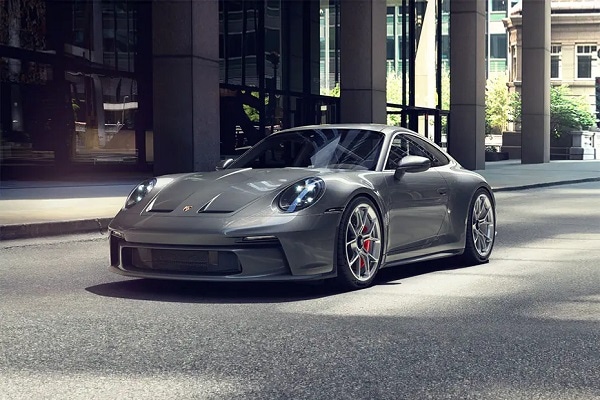
 3996.0 cc
3996.0 cc Petrol
Petrol
